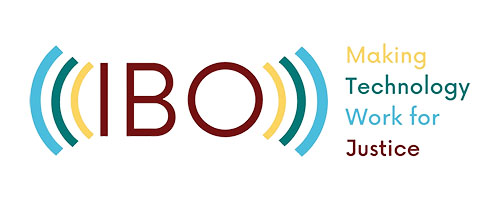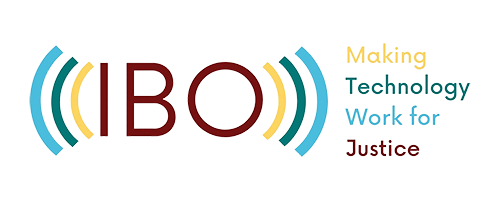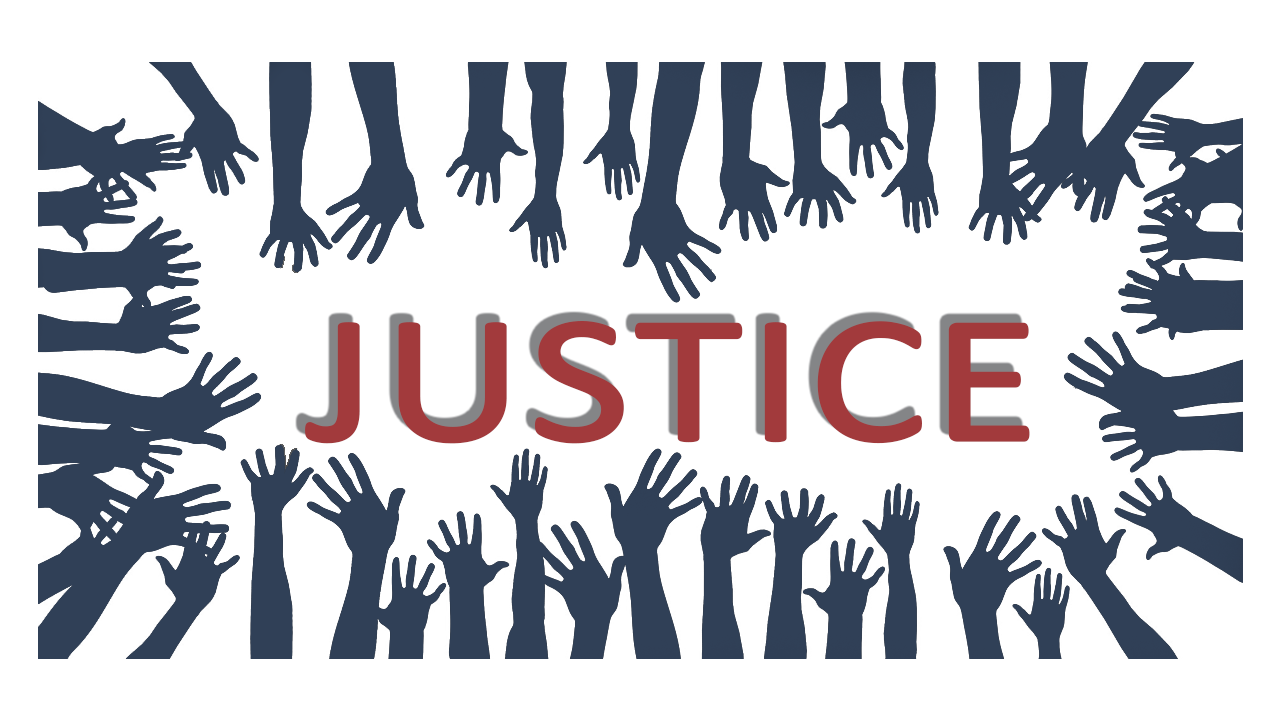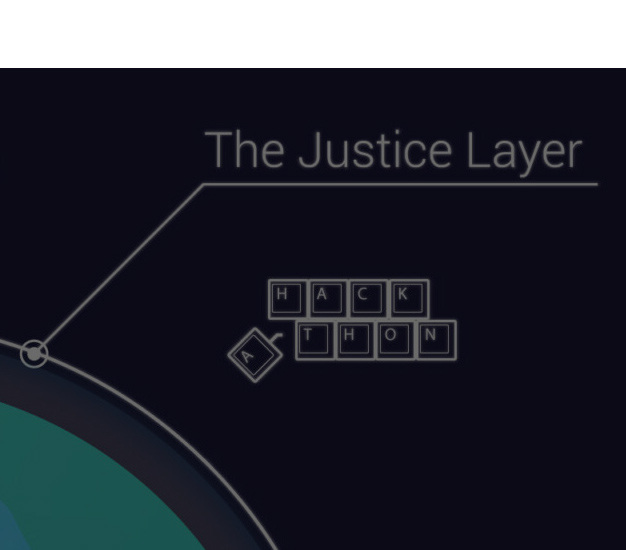The Relevant Lawyer: Reimagining the Future of the Legal Profession, Lawyers as Changemakers: The Global Integrative Law Movement, Tomorrow’s Lawyers: An Introduction to Your Future; what do these three books have in common? Is it that all professionals serving the justice system have to accept the irrefutable fact that less than 20% of the world is able to use the justice systems we have created and serve to address their legal concerns?
“I have written this book to provide tomorrow’s lawyers and legal educators with an accessible account of the pressing issues that currently face the legal profession and the justice system. We are, I have no doubt, on the brink of fundamental change in the world of law, and my main aim is to encourage wider discussion of the forces at play and their likely impact.”
– Richard Susskind, Tomorrow’s Lawyers: An Introduction to Your Future
Law is on the brink of failure – or relevance – and, we need to understand why. Let me begin with why I started Internetbar.org Institute (IBO), an organization to make a new path forward for all of us to shape an online justice system, fair and free, for all.

In 2005, along with a dozen other lawyers, we introduced IBO to the world of law. We saw the possibility of law professionals to be changemakers and bring about the positive change in society, starting with the justice system. But having lived on the front lines of technology and law since 1976, when I first began practicing law, I now firmly believe today’s lawyers and the legal profession are still without a concrete plan to work toward justice for all because the focus remains on fixing failed justice systems around the world. We are at risk of becoming irrelevant.
Back then, the most exciting technology was the PC. Like a train leaving the station, the PC brought a revolution that impacted accounting firms, and, then businesses, but not law. By 1979, the PC was introduced in most accounting firms, along with the first electronic spreadsheet, Visicalc. The idea that spreadsheets could be recalculated as changes were made in “real-time” by pressing the “recalc” button was transformational. Within months, PCs became the norm for all businesses, as they realized the added value of real-time data versus historical data. I thought that the law industry would have its transformational moment like the accountants. Four decades later, and we are still waiting, however, only the most persistent of us are still believers.
The reality is: law is slow, looks backward, and usually seen as an obstacle to overcome by businesses. The Chinese said it best – we keep lawyers in the back of the room because when they move to the front, it is because there is trouble. That never made sense to me because I always thought that the proper use of law would be to empower people to make a difference in their lives. Instead, law is seen by most people as a line that can’t be crossed without getting into trouble. In the past forty years, legal innovators have found timekeeping and billing systems, word processing, case management systems, trust accounting systems, collaboration technologies, case intake technologies, artificial intelligence, and, still, nothing has jumped up to create a “transformational moment” in the justice system and empower individuals. We have certainly tried any number of times to gather around and find a path forward to make a difference, but we are still behind in terms of our most important measure – Access to Justice.
As stewards of our justice systems, we need to face up to the fact that despite all the technology and innovation we claim as our own, we have not changed how our society perceives justice. As the engineers of the world have connected all of us into a global village, and the accountants and bankers have developed global measures to account for money and profit and loss, law remains a local system where sovereign jurisdictions fight over who makes and enforces rules.
Anyone who has been on the front lines of “digital signatures”, “e-filing”, “e-discovery”, “online dispute resolution”, and other legal innovation of the past four decades will tell you, local laws stop innovation in its tracks. However, it didn’t stop engineers or we wouldn’t have the Internet; nor did it stop accountants or we wouldn’t have generally accepted accounting principles. Sure, local rules of law matter for important reasons. But not when the most important measures of justice around the world are failing, and, continue to fail.

Half the world, sit outside any effective access to a legal system anywhere, without identities or currency of any value. For them, as my long-time collaborator, Dan Rainey, former chief of staff of the National Mediation Board, says, “The idea of access to justice is a cruel joke.”
It’s about time that we get real and lay the blueprints for a justice system that empowers people. That is what we are doing at Internetbar.org Institute and we welcome you aboard.




